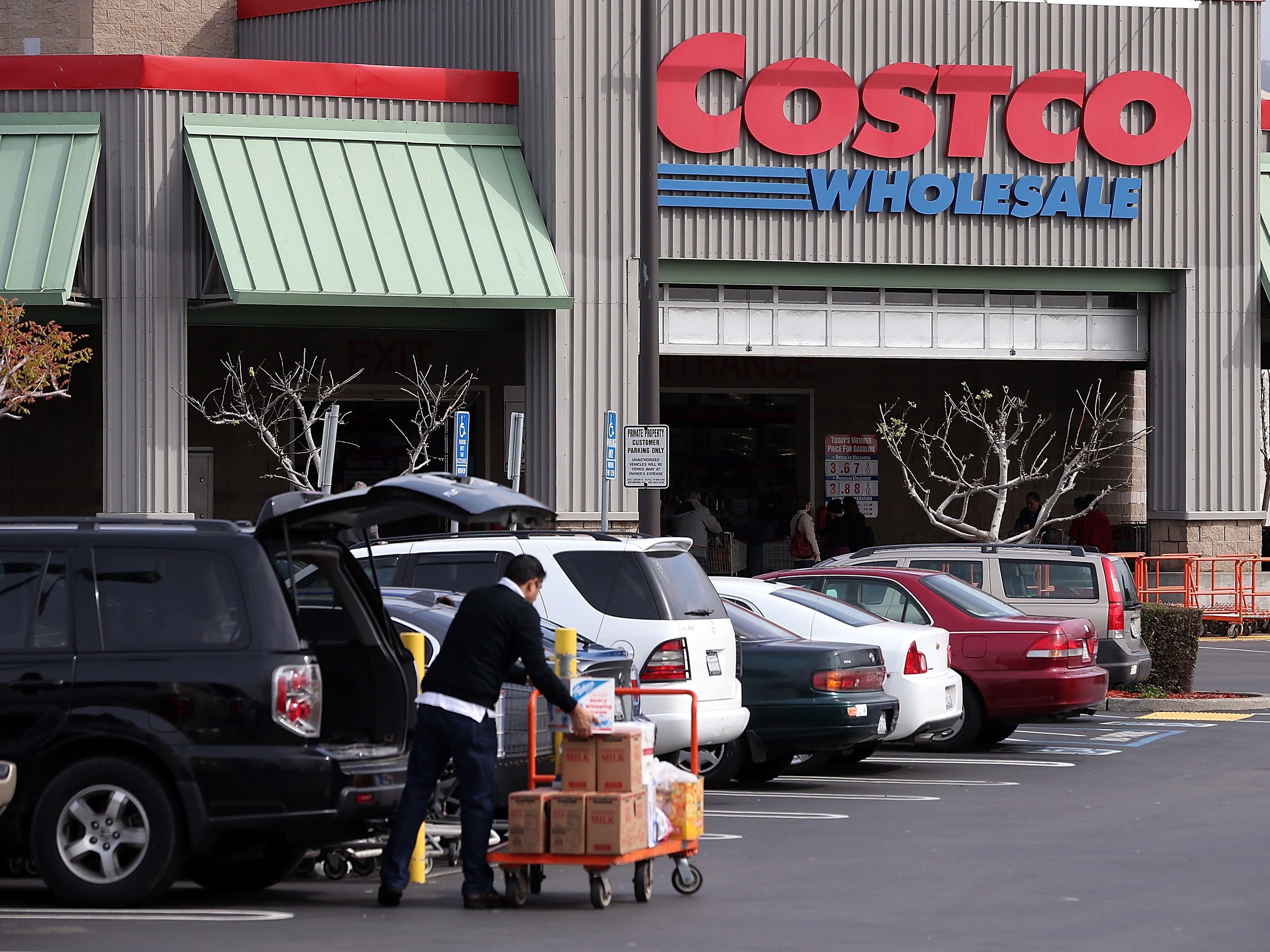Costco sued for discrimination against Muslim former employee
Jean Camara said he was sent to work outside after refusing to handle pork

Your support helps us to tell the story
From reproductive rights to climate change to Big Tech, The Independent is on the ground when the story is developing. Whether it's investigating the financials of Elon Musk's pro-Trump PAC or producing our latest documentary, 'The A Word', which shines a light on the American women fighting for reproductive rights, we know how important it is to parse out the facts from the messaging.
At such a critical moment in US history, we need reporters on the ground. Your donation allows us to keep sending journalists to speak to both sides of the story.
The Independent is trusted by Americans across the entire political spectrum. And unlike many other quality news outlets, we choose not to lock Americans out of our reporting and analysis with paywalls. We believe quality journalism should be available to everyone, paid for by those who can afford it.
Your support makes all the difference.Costco, the world’s third largest retailer, is being sued by a former employee for religious discrimination at a Brooklyn branch.
Jean Camara was told to gather carts outside after he refused to handle pork under his religion. A devout Muslim, Camara is forbidden from handling pork and alcohol.
He asked to work in the electronics department but was told no positions were available.
Just 16 days are filing a human rights complaint he was fired for insubordinate conduct.
Camara was hired as a cashier’s assistant at the Costco branch in Sunset Park Brooklyn, New York, in September 2012, but he refused to touch pork products on the conveyor belt because it is forbidden under his faith.
“Just because you have a religious belief doesn’t give anyone the right to treat you different,” Camara told ABC7 Eyewitness News.
In February, the US Supreme Court signalled its support to Samantha Elauf, a 24-year-old Muslim woman who was denied a job at Abercrombie & Fitch because she wears a hijab.
The US clothing retailer said Elauf did not meet the company’s ‘look policy’. That case turned on the question of whether the employee or employer is responsible for raising religious commitments in order for federal law to protect the worker from discrimination.
Join our commenting forum
Join thought-provoking conversations, follow other Independent readers and see their replies
Comments